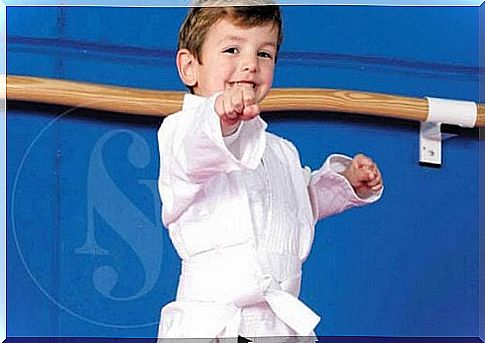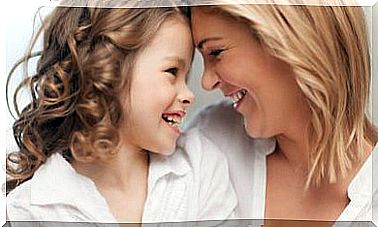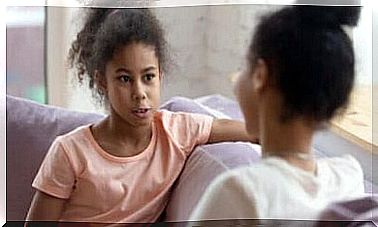Psychological Benefits Of Sports For Children

Physical activity is essential for children. The benefits, both for their physical development and for their psychological development, will allow the child to acquire skills that will help them in their growth.
Both simple games when they are young and individual or group sports practices when they are older, through the values that sport instills in children, they grow and strengthen their cognitive abilities.
Of course, it is very important that parents not pressure children to play sports or choose a particular sport for them. If the child chooses, he will benefit from all the advantages offered. On the other hand, if this is done out of obligation, she will not face the sport with a positive attitude.
Psychological Benefits of Sports for Children
Next, we’ll show you a series of advantages that sports offer children:
1. Increased concentration
Playing a sport, whatever it is, involves being focused and with your senses focused. That’s why the child will get more attention.
This will also improve the concentration in the academic field, as well as make it possible to carry out tasks more easily. Likewise, it will also help the child to make conscious decisions.

2. Improved mood
If one of the child’s hobbies is playing a sport, it will be done with a positive and happy attitude, which will make the mood improve as the child feels good about himself.
An improvement in mood can be linked to an increase in self-esteem, which will make the child want to continue exercising.
3. Learning values
Thanks to sports, children will acquire the value of respect. First, in relation to the person who teaches, the trainer, who can become a reference figure; and secondly, in relation to other teammates, if it is a team sport.
In addition, they will also learn to respect the rules or rules of the game that are imposed. This will be applied later in real life to determine where to set the limits for your actions.
4. Ability to socialize
Children who play team sports or who belong to sports clubs, even if they do it alone, will develop their ability to socialize better.
This will make them learn to value each other’s qualities, as they must fully trust their teammates and understand that each of them has special abilities that we must know how to take advantage of.
In addition, the children will spend a lot of time together, so it is possible that bonds of friendship will come out of these relationships.
5. Healthy habits
The psychological benefits of sports for children go hand in hand with the physical benefits. If, from an early age, a child creates a series of healthy habits related to physical activity, it is very possible that they are maintained during adolescence, as well as throughout life.
Playing a sport helps clear your mind, feel good about yourself, maintain daily or weekly obligations, and even improve your eating habits.

What to do if my child doesn’t like sports?
Below, we will leave a series of recommendations to help you:
- The most important thing is not to force your child to play a particular sport. Always ask if she likes or wants to participate. There are hundreds of different possibilities and some of them will always catch their attention.
- Many kids don’t like competition. The sport does not need to be focused on winning, but on having fun and enjoyable times. Cycling, running or skating, for example, are activities that can encourage exercise without involving competition.
- Playing sports as a family will help your child to be motivated. In this sense, you can take walks on weekends, walk at a good pace, swim together, etc.
- Be concerned about your child’s sporting tastes to find out which sport might be best suited to their personality.
Now that you understand the psychological benefits of sports for children, we recommend that you use the strategies that work best for your child.









